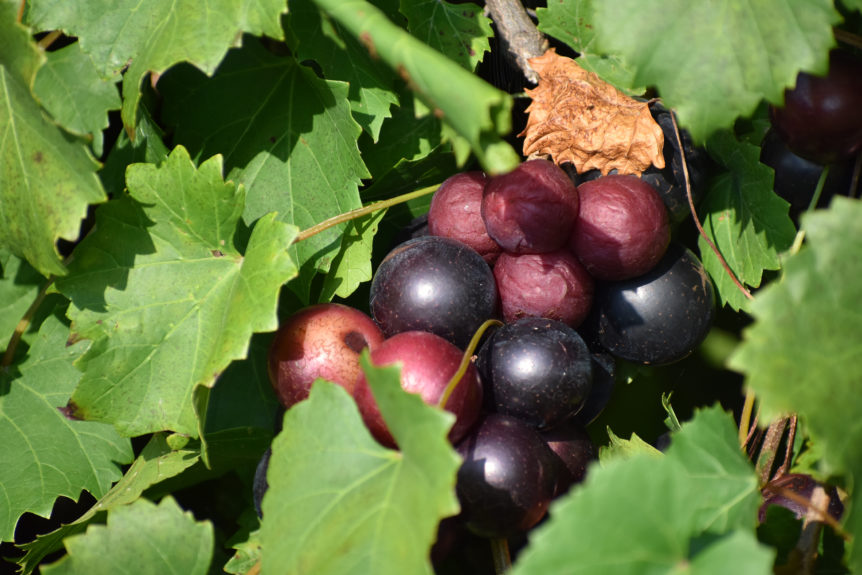
By Clint Thompson
The Georgia Department of Agriculture’s recent revelation that the spotted lanternfly has been observed in Georgia should have the Southeast region’s grape producers on high alert.
Brett Blaauw, assistant professor at the University of Georgia (UGA) College of Agricultural and Environmental Sciences, discussed the insect’s potential threat to the grape industry.
“Unlike the brown marmorated stink bug, when it came in it was a concern for all fruits and vegetables, but with the spotted lanternfly, thankfully, we are less concerned about our tree fruits and vegetables, but it is definitely a concern for grapes,” Blaauw said. “Grapes are one of the preferred hosts.
“With grape, Tree of heaven, they will feed and complete their development on that one host. There’s no reason for them to leave grapes because it fulfills all of their needs. When you get thousands of these lanternflies feeding on a single vine it can easily lead to, either direct death of the vine or it can reduce the health enough that it reduces the vine’s viability to survive the winter.”
Viticulture Blog
Blaauw highlighted the spotted lanternfly in a recent post on the UGA Extension Viticulture Blog. He noted that the spotted lanternfly is a non-native invasive insect that was first found in Pennsylvania in 2014. Growers already have tools in their insecticide arsenal to combat the insect. They just need to avoid the insect from becoming widespread.
“That’s one reason why I don’t want our grape growers to panic is that the lanternflies are easy to kill. The big concern is that there are just so many of them. Right now, we’re not to that point yet, but in areas where it’s been a problem for grapes, there’s just so many of them that they could overwhelm a farmer,” Blaauw said. “But if you’re used to using insecticides, which most of our grape growers are, we should have a good way of combatting the lanternflies.
“A lot of our pyrethroids and neonicotinoids are already very effective at stopping lanternflies. Most of our growers already use things like imidacloprid; we use that against the sharpshooters. The biggest issue with them is the spread of Pierce’s Disease, but the imidacloprid for them will also work against spotted lanternfly.”










